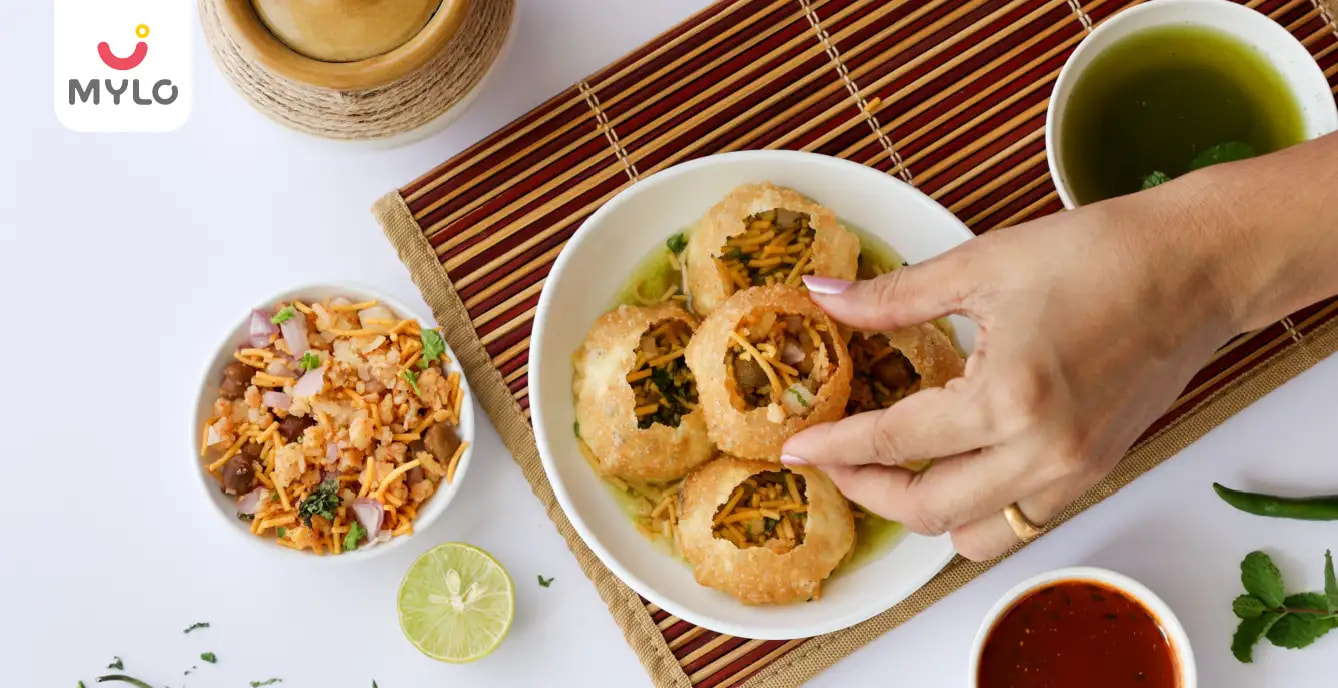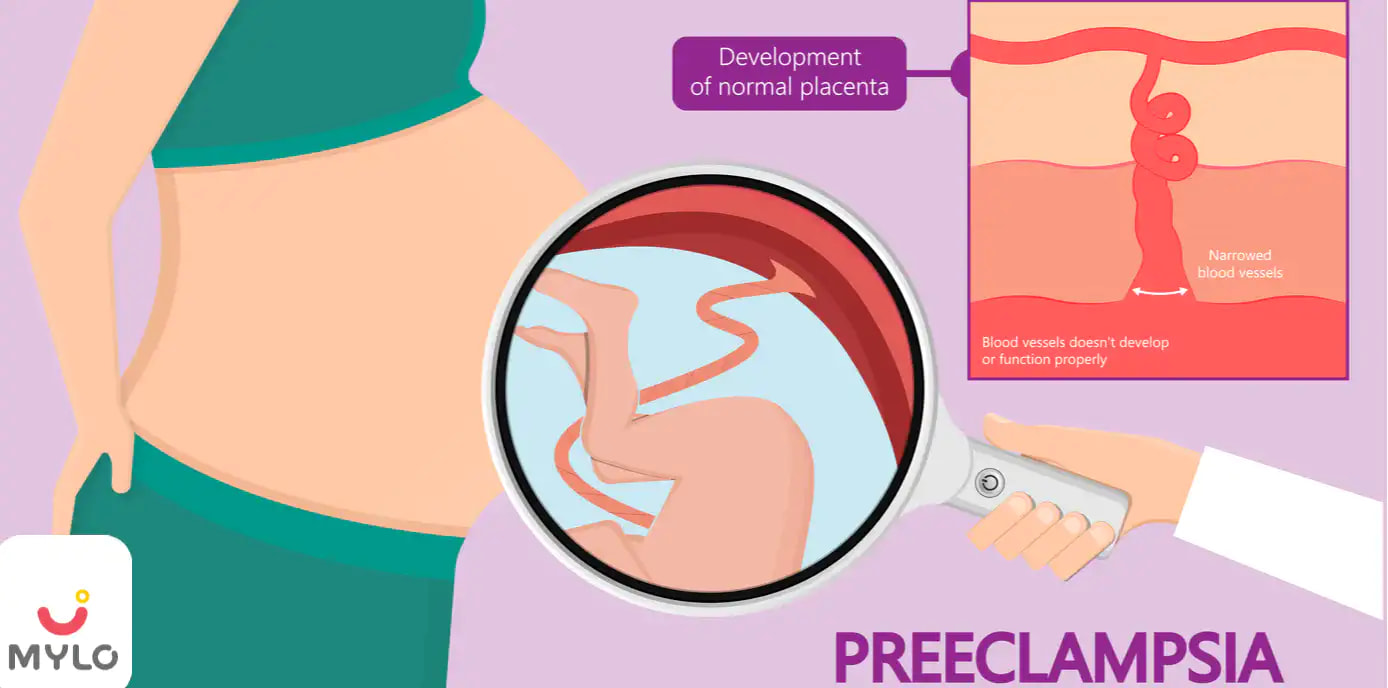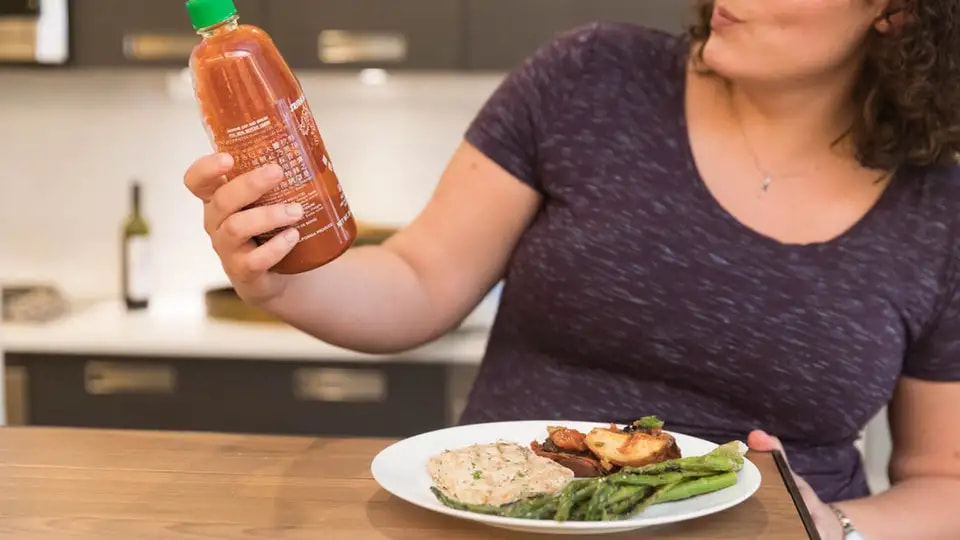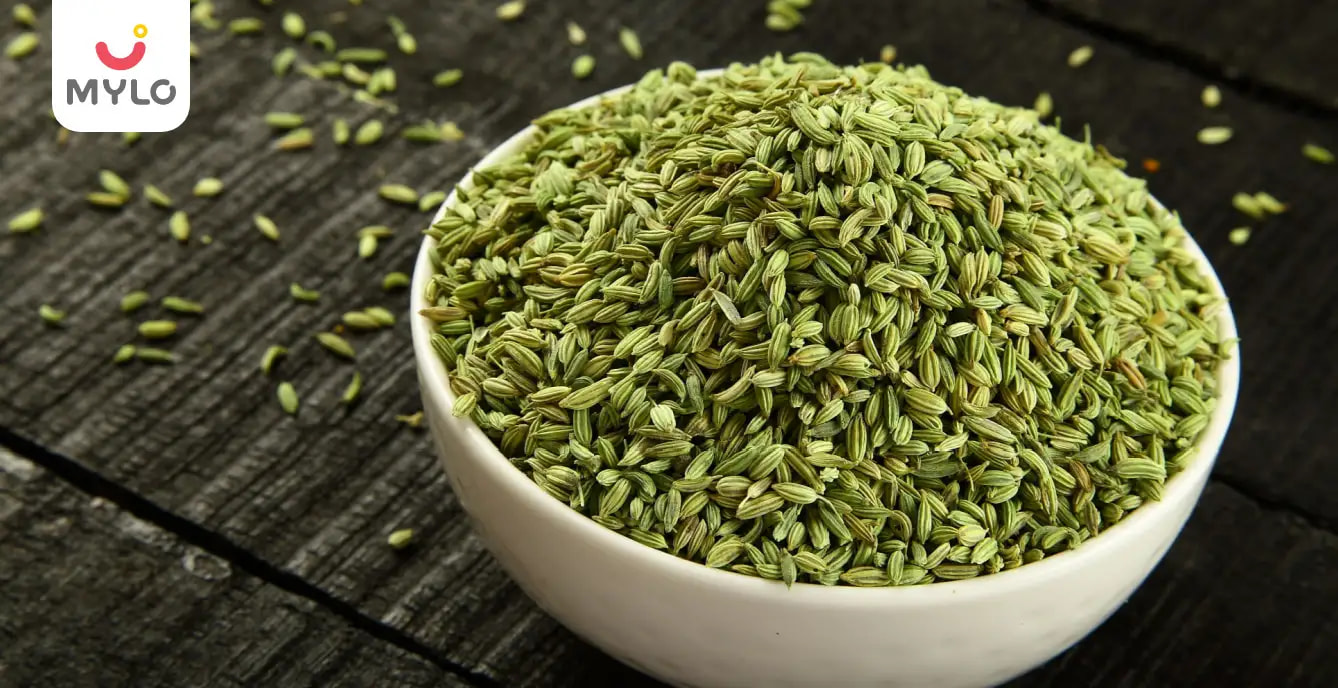Home

Food Cravings

What is the common cause of food aversions during the pregnancy period and ways to manage it?
In this Article
Food Cravings
What is the common cause of food aversions during the pregnancy period and ways to manage it?
Updated on 6 March 2023



Medically Reviewed by
Kusum Sabharwal
Obstetrician & Gynecologist - MBBS| DGO
View Profile

"Sardi mein pasina lage na bhookh na pyas lage", this song beautifully describes the crazy changes that occur during pregnancy. Sometimes you like some food and, on another occasion, you don't feel like eating it. These changes are expected, especially during the initial stages of pregnancy, as the hormones are changing. A typical occurrence during pregnancy is an aversion to food. You may develop a disliking for food items you enjoyed before, and it may get annoying if you're unable to enjoy your meals properly.
Food aversions during pregnancy
Food aversions during pregnancy are when pregnant women experience a strong dislike or repulsion towards certain foods. These aversions can occur at any time during pregnancy, but they are most common during the first trimester when hormonal changes are at their highest.
Also read: Can Pregnancy Cravings Affect Your Baby's Food Choices?
Common food aversions
Some of the most commonly reported food aversions during pregnancy include:
- Meat: Many women report aversions to the smell or taste of meat, particularly beef and pork.
- Fish: Some women may experience aversions to fish, especially if it has a solid or distinct flavour.
- Dairy products: Milk, cheese, and other dairy products may be unappealing to some women during pregnancy.
- Spicy or strong-flavoured foods: Foods with solid flavours or spices may cause nausea or discomfort in some women.
- Coffee and other caffeinated drinks: Some women may develop an aversion to coffee or other caffeinated beverages, possibly due to the strong taste or smell.
- Certain fruits and vegetables: Some women may experience aversions to certain fruits or vegetables, especially those with strong smells or tastes.
You may have an aversion towards a specific food item and later develop a craving for some. However, some of the most common dislikes include:
- Caffeine
- Eggs
- Meat
- Milk
- Onion and Garlic
- Spicy food
Causes of food aversions
The exact cause is unknown; however, the following factors may be responsible for it:
1. Hormonal fluctuations - These can result from the changes your body undergoes, with hormonal changes being one of them. The rising amount of Human Chorionic Gonadotropin (HCG) hormone can be held responsible for cravings and food aversion.
2. Nausea is expected during the early months of pregnancy and can be held responsible for food avoidance.
3. Prophylaxis or Maternal & Embryonic protection - The hypothesis suggests that a pregnant woman's body performs a beneficial function by expelling food items which may contain harmful micro-organisms and toxins, resulting in aversion to foods throughout pregnancy.
How to deal with food aversions?
There is no way to prevent this condition. However, you can manage the aversion by listening to your body and understanding its requirements.
To manage food aversion, you can ensure the following:
1. Avoid staying hungry for more extended periods. An empty stomach can make you feel nauseous and develop an aversion to food.
2. Focus on healthy eating and take small meals at regular intervals.
3. If you have an aversion to a particular food item, find a substitute for it.
4. Avoid indulging in unhealthy food items that aren't good for you and the baby.
5. Consult your doctor on how to meet your dietary requirements and whether you need to supplement your diet with any prenatal vitamins.
To sum-up
It's important to note that food aversions during pregnancy are normal and typically don't pose any health risks to the mother or baby. However, suppose a woman is experiencing severe food aversions affecting her ability to eat a balanced diet. In that case, she should talk to her healthcare provider for guidance on how to manage them.





Medically Reviewed by
Kusum Sabharwal
Obstetrician & Gynecologist - MBBS| DGO
View Profile


Written by
Ravish Goyal
Official account of Mylo Editor
Read MoreGet baby's diet chart, and growth tips

Related Articles
RECENTLY PUBLISHED ARTICLES
our most recent articles
Milestones
Till what age do babies typically start talking?
Hemorroids
Are you Concerned about rectal bleeding in your pregnancy? Here're some relief tips for you!

Illnesses & Infections
Diagnosis and Treatment of Vaginal infections during pregnancy to prevent any complications

Festivals & Celebrations
8 Ways to Empower Women with Digitalisation this International Women's Day

Diet & Nutrition
Navigating Hypothyroidism and Pregnancy: Tips for Expecting Moms
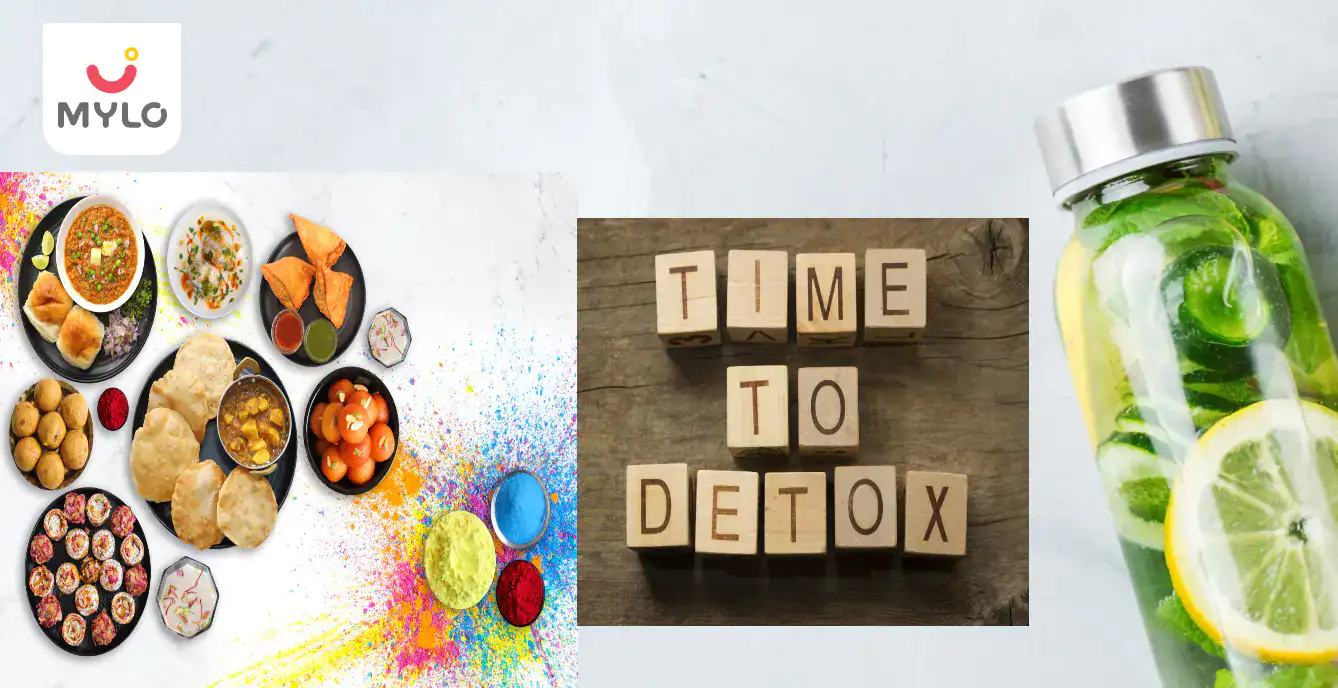
Diet & Nutrition
Top 10 Post-Holi Detox Tips to Cleanse Your Body
- Holi-Proof Your Skin and Hair with These 10 Natural Tips
- Placenta Abruption: Causes, Symptoms and Treatment
- 8 Holi Dishes That Will Add Flavour to Your Holi Party
- Your Guide to Vitamin C: Benefits, Daily Requirements & Sources
- Foods to Eat & Avoid During the 8th Month of Pregnancy
- Safely Trimming Your Baby's Nails: A Step-by-Step Guide
- Leg Cramps During Pregnancy: Causes, Treatment And Home Remedies
- When is the best time to give your child cow's milk and how to make the switch easier?
- How to Handle Giving Birth to a Baby Alone?
- Can You Get Pregnant During Your Period?
- When to Make an Emergency Doctor Visit During Pregnancy?
- How to Help Your Toddler Overcome their Shyness?
- Piercing Your Baby's Ears: Risks & Precautions
- Which Food items to Include & Avoid During Third Trimester of Pregnancy for optimum nutrition?


AWARDS AND RECOGNITION

Mylo wins Forbes D2C Disruptor award

Mylo wins The Economic Times Promising Brands 2022
AS SEEN IN

- Mylo Care: Effective and science-backed personal care and wellness solutions for a joyful you.
- Mylo Baby: Science-backed, gentle and effective personal care & hygiene range for your little one.
- Mylo Community: Trusted and empathetic community of 10mn+ parents and experts.
Product Categories
baby carrier | baby soap | baby wipes | stretch marks cream | baby cream | baby shampoo | baby massage oil | baby hair oil | stretch marks oil | baby body wash | baby powder | baby lotion | diaper rash cream | newborn diapers | teether | baby kajal | baby diapers | cloth diapers |



